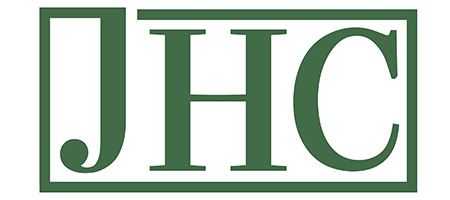Whether you’re buying or selling a home, the process can be stressful (especially when you start thinking about the tax implications). If you sell your home, you could pay capital gains tax if it has gone up in value. But the IRS gives you one major tax break, which is referred to as the “home sale exclusion.” It allows you to deduct a large amount of the profit from the sale of your home to avoid paying capital gains tax. If you’re selling an investment property, you can use a “like-kind exchange” to reduce your tax burden. But it only applies to rental properties.
When you buy a house, you’ll receive a “Closing Disclosure Form” that lists all of the closing transactions as well as any important incoming and outgoing funds. It’s one of the most important documents in the home-buying process, because it can help you determine the basis of your new home and what you can deduct on your taxes. So, you should keep it in a safe place.

Tax Considerations When Buying a Home
Once you have purchased your home, you should think about itemizing all your expenses. As a homeowner, you can deduct any of the following:
- Qualified home mortgage interest.
- Points paid on a loan.
- Real estate taxes.
- Private mortgage insurance.
You also want to look for Form 1098, “Mortgage Interest Statement.” It’s used to report mortgage interest (which includes points). It can help you claim those deductions on your tax return. But even if you don’t itemize, you can still benefit from other tax advantages associated with being a homeowner. If you’re a first-time homebuyer, you can make penalty-free IRA withdrawals if you’re under the age of 59 ½. You will also earn residential energy credits.
Tax Considerations When Selling a Home
The Closing Disclosure Form is just as important if you’re a seller as it is if you were a buyer, because it has information that can affect your basis. This can determine how much gain or loss will be calculated when you report the property’s sale. It will also have information about any deductions you can claim.
You should also be aware of Form 1099-S, “Proceeds From Real Estate Transactions” (which you will receive if the gain on the home sale isn’t excluded from your income). You usually don’t have to pay taxes on gains up to $250,000 ($500,000 if you’re married).
There are three criteria you will have to meet if you want to qualify for this tax break. These include the following:
- Ownership — You must have owned the property for at least two years during the first five years before the date of the sale. It doesn’t have to be continuous, and it doesn’t have to be two years immediately before you made the sale.
- Use — You must have used the home as your primary residence for at least two years of the five years before the date of the sale.
- Timing — You haven’t excluded the gain on the sale of another home within two years before the sale in question.
If you’re married and want to use the $500,000 exclusion, both of you must file a joint return. At least one spouse must meet the ownership requirement. Both of you must also have lived in the house for at least two of the five years leading up to the sale. But even if you don’t meet all these requirements, special rates may allow you to claim a full or partial exclusion.
It’s also important to keep your receipts, because certain closing costs and home improvements can increase the basis of your home. You want to show these receipts as proof of the increased basis, which can reduce your taxable income when you sell the property.
Some of the closing costs that can increase your basis include the following:
- Survey fees.
- Recording fees.
- Owner’s title insurance.
- Abstract of title files.
Examples of improvements that can increase your basis include the following:
- Building a deck or garage.
- Adding central air conditioning.
- Installing a lawn sprinkler system.
- Installing a new roof.
- Installing new siding.
Because a lot goes into the purchase and sale of a home, you should speak to a tax professional so you don’t miss out on any potential tax benefits. If you’re looking for a CPA in Corpus Christi that can help you understand the tax implications of buying or selling a home, be sure to reach out to Jennings, Hawley & Co., P.C.
